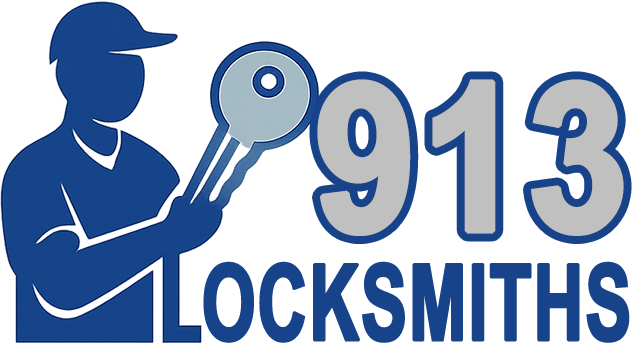Ignition Change in Kansas (KS)
Our ignition change service in Kansas focuses on replacing worn ignition cylinders, addressing stuck keys, and calibrating steering lock components. We combine traditional craftsmanship with modern equipment and clear communication so you understand each step. Whether you are at home, at work, or waiting curbside, we bring the right tools and expertise directly to you. Every visit starts with a quick assessment and a transparent explanation of options that match your budget and timeline.
Here is how our ignition change typically works in Kansas. We begin with verification to confirm you are authorized to request service. Next we protect the door, trim, and surrounding finishes before any operation begins. We then apply the appropriate technique, whether that means decoding, cutting, programming, replacing hardware, or carefully bypassing a mechanism. Before we leave, we test every function, lubricate moving parts, and provide simple upkeep tips so the result stays smooth and dependable.
Quality is central to our process. We use reputable parts, calibrated machines, and up-to-date diagnostic software so outcomes are consistent. Wherever possible we favor non-destructive methods that protect your property and reduce follow-up repairs. If a component is worn beyond safe service, we explain why and present clear choices with straightforward pricing.
Our technicians train continually on new platforms and hardware so you benefit from proven techniques and current best practices. From legacy mechanical cylinders to modern smart systems, we handle every step with care and document work performed for your records.
We serve customers throughout Kansas with mobile units that carry common parts and diagnostic tools. Same-day solutions are often available, and emergency response operates around the clock for urgent situations.
Your security and privacy matter. We verify identification, keep your information confidential, and hand over keys only to authorized parties. If you would like a security review, we can walk through practical improvements that fit your space and goals.
Common situations for ignition change include unexpected lockouts, worn components, lost or damaged keys, and the need to improve access control. We work neatly, clean up our workspace, and confirm you are satisfied before we close the job.
Why Choose Our Ignition Change in Kansas?
Choose us for ignition change in Kansas because reliability and clarity guide everything we do. You get licensed and insured professionals, upfront pricing, and stocked mobile vans that resolve most requests in one visit. We provide options for premium, standard, and budget hardware so you can choose wisely, and we support you with friendly aftercare and warranty information.
Call Us For Ignition Change in Kansas?
If you need ignition change in Kansas, contact our team now. We schedule convenient appointments and provide emergency help when the situation cannot wait. Tell us your location and what you are experiencing, and we will dispatch a nearby technician with the right tools and parts. Save our number so that when an urgent moment arrives, you have direct access to professional assistance you can trust.
